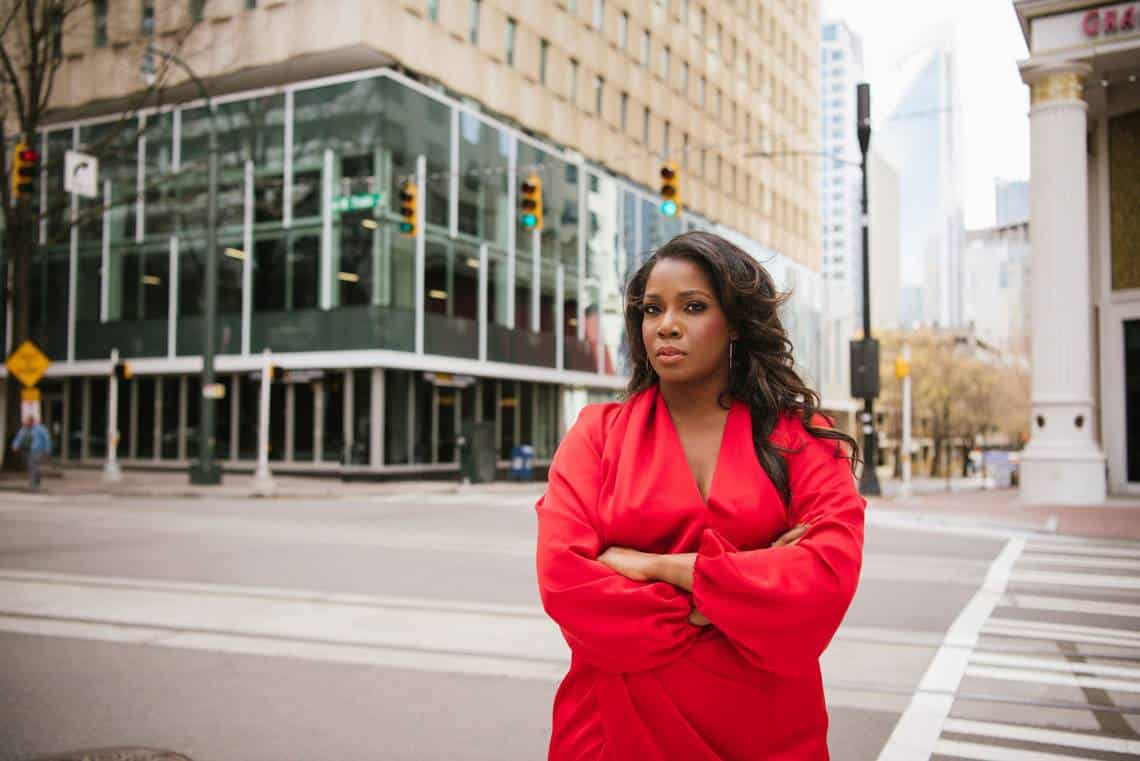Why is it always music teachers? Maybe it isn't…
mainLast month I reported the wretched case of a London choirmaster who stripped his girl pupils and forced their heads under water. He got a seven-year sentence, one of many musicians who have ended up this way.
A more troubling case was reported today. An eminent performer and teacher, president of the Royal College of Organists, David Sanger killed himself last May after being charged with child sex offences. Sanger, 63, pleaded his innocence and was planning to fight the case when a newspaper report of the allegations against him prompted him to commit suicide.
The alleged offences had taken place in London three decades earlier but the investigation did not apparently begin until after he became president of the Royal College. His family has called for an inquiry into the conduct of the Metropolitan Police and certain newspapers. His brother Peter Sanger said: He joined the growing ranks of teachers and other professional people whose lives have been ruined by false accusations.
The presumption of innocence until proven guilty applies in this, as in all such cases. The coroner spoke sympathetically of Sanger’s life and career, acknowledging that the world of organ music had ‘suffered a great loss’.
We may never know whether the accusations against him were truthful or opportunistic. As far as the law is concerned, he died innocent. The police need to beware of dangerous stereotypes. Not every music teacher who is the subject of lurid accusations is necessarily a sexual predator.
Here’s the report of the coroner’s hearing.





Comments